Can I Have Security Cameras Outside My House?
In today's world, security is a paramount concern for homeowners. With the increasing rate of burglaries and other security threats, many people are considering the installation of security cameras outside their homes. This article aims to address the various aspects of installing outdoor security cameras, including legal considerations, benefits, types of cameras, installation tips, and maintenance.
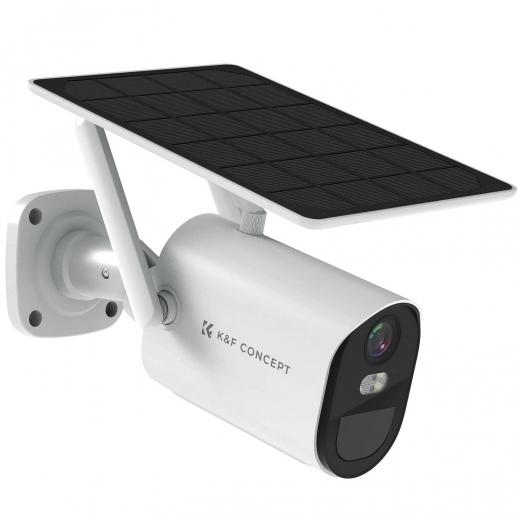
Legal Considerations
Before installing security cameras outside your house, it is crucial to understand the legal implications. Laws regarding the use of security cameras vary by country, state, and even local jurisdictions. Generally, it is legal to install security cameras on your property, but there are some important guidelines to follow:
1. Privacy Concerns: Ensure that your cameras do not infringe on your neighbors' privacy. Avoid pointing cameras directly into their windows or private areas.
2. Public Spaces: While it is generally acceptable to record public spaces, be aware of local laws that may restrict this.
3. Notification: Some jurisdictions require you to notify visitors that they are being recorded. This can be done through visible signs.
4. Audio Recording: Recording audio without consent is illegal in many places. Make sure your cameras comply with local audio recording laws.
Benefits of Outdoor Security Cameras
Installing security cameras outside your home offers numerous benefits:
1. Deterrence: Visible security cameras can deter potential burglars and vandals.
2. Evidence Collection: In the event of a crime, security cameras can provide valuable evidence to law enforcement.
3. Remote Monitoring: Modern security cameras allow you to monitor your property remotely via smartphone apps.
4. Peace of Mind: Knowing that your home is under surveillance can provide peace of mind, especially when you are away.
Types of Outdoor Security Cameras
There are several types of outdoor security cameras to choose from, each with its own set of features:
1. Bullet Cameras: These are long and cylindrical, making them easy to point in a specific direction. They are ideal for covering long distances.
2. Dome Cameras: These cameras are housed in a dome-shaped casing, making them less obtrusive and harder to tamper with.
3. PTZ Cameras: Pan-Tilt-Zoom cameras can be remotely controlled to pan, tilt, and zoom, providing comprehensive coverage.
4. Wireless Cameras: These cameras connect to your Wi-Fi network, making installation easier and more flexible.
5. Wired Cameras: These cameras offer a more stable connection and are less susceptible to interference but require more complex installation.
Installation Tips
Proper installation is key to maximizing the effectiveness of your outdoor security cameras. Here are some tips to consider:
1. Camera Placement: Place cameras at key entry points such as front and back doors, garage doors, and ground-floor windows. Ensure they are high enough to avoid tampering but low enough to capture clear images.
2. Lighting: Ensure that the areas you are monitoring are well-lit. Consider cameras with built-in infrared for night vision.
3. Weatherproofing: Choose cameras that are rated for outdoor use and can withstand various weather conditions.
4. Power Supply: Ensure that your cameras have a reliable power source. For wired cameras, this may involve running cables through walls or using power-over-Ethernet (PoE) solutions.
5. Network Security: If you are using wireless cameras, secure your Wi-Fi network to prevent unauthorized access.
Maintenance
Regular maintenance is essential to ensure that your security cameras continue to function effectively:
1. Cleaning: Periodically clean the camera lenses to remove dirt, dust, and debris that can obstruct the view.
2. Software Updates: Keep the camera firmware and associated software up to date to benefit from the latest features and security patches.
3. Check Connections: Regularly inspect the power and network connections to ensure they are secure and functioning properly.
4. Test Functionality: Periodically test your cameras to ensure they are capturing and recording footage correctly.
Installing security cameras outside your house is a practical and effective way to enhance your home security. By understanding the legal considerations, choosing the right type of cameras, following proper installation guidelines, and maintaining your system, you can significantly improve the safety and security of your property. Whether you are looking to deter potential intruders, collect evidence, or simply gain peace of mind, outdoor security cameras are a valuable addition to any home security strategy.


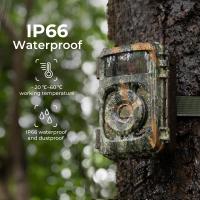

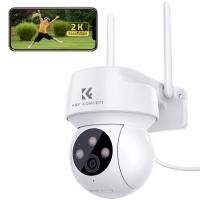
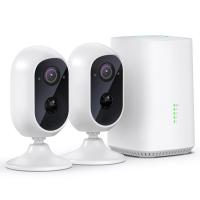

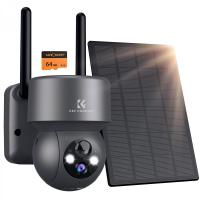
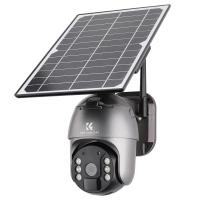
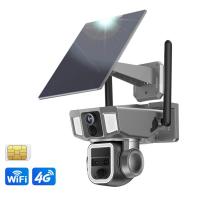
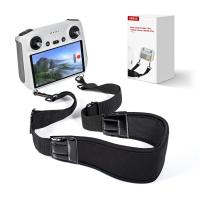
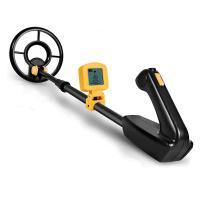
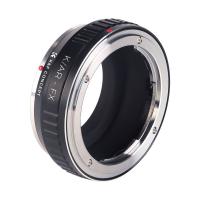
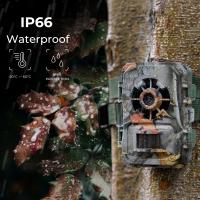
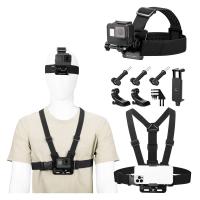

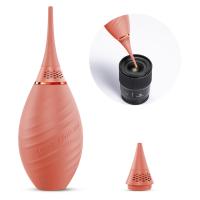



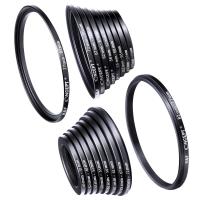
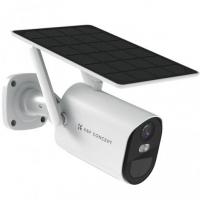
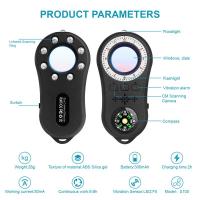
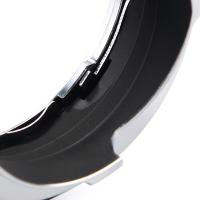
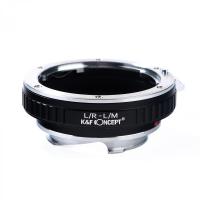


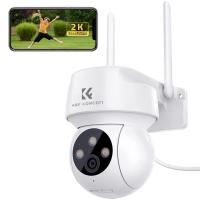


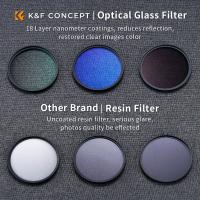
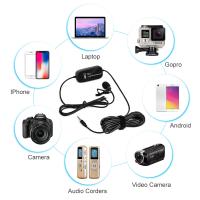

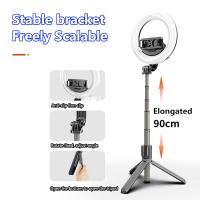

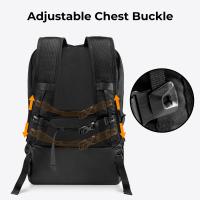


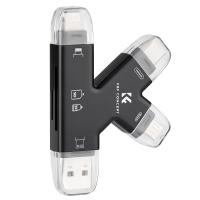
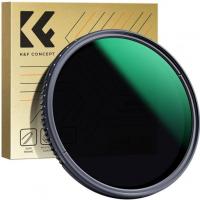
There are no comments for this blog.